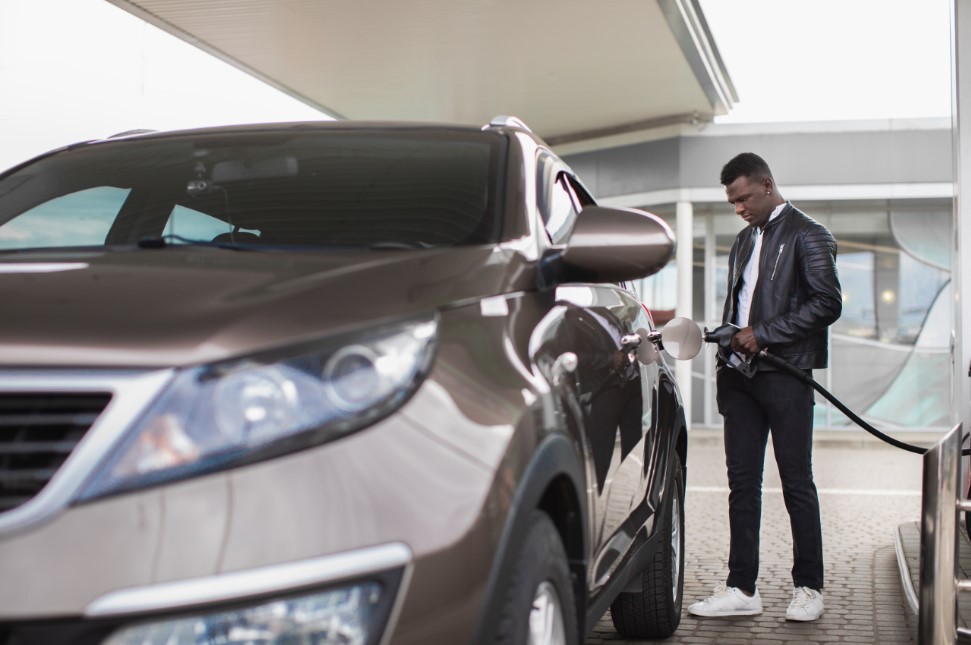How Do Struts Work in Your Car’s Suspension?

Different cars have different suspension systems. Depending on the height, weight, and design of your vehicle, your car may have shocks, struts, or another type of suspension system. Whatever your vehicle may have, it’s important to ensure it’s healthy and gets the proper maintenance it needs.
What Are Car Struts?
Your car struts are integral parts of your vehicle’s suspension system. It houses both the shock and spring which makes it a far more convenient option in terms of space.
The coil spring supports the height and weight of the vehicle, as well as ensures stability. It helps keep your tire on the ground, especially when emergency maneuvers must be performed. The shock absorber dampens bumps and works to reduce vibrations caused by the likes of holes and other uneven terrains.
While struts are traditionally found on the front axle of most vehicles, struts can also be found at your back wheels as well. It really depends on the make and model of the vehicle.
How Do Struts Work in a Car’s Suspension?
When struts work correctly, they can minimize the bounce of your vehicle that would otherwise be there. Whether you find yourself hitting a pothole or on uneven terrain on your next road trip, your struts will be essential to brake performance, wheel alignment, and turning ability.
In short, they are integral parts of your car and should be cared for as much as other components of your car from fluids to tire pressure.
Car Strut & Suspension Maintenance Services
To make sure your struts are in good working order, proper maintenance is a must. While you can see if your suspension system needs repairs or replacement by performing the bounce test, professional help may still be needed.
What’s the bounce test? As you make your way around each corner of your car, give it a quick shove down. As you let go of the downward position, the vehicle should return to the normal position with ease. If it doesn’t, whether it continues to bounce or overcorrects itself, it may be time for suspension service.
You should never drive with broken struts or shocks. Even the smallest problem can turn into major suspension damage, as well as an expensive repair bill. It’s recommended that shocks and struts should be inspected at 50,000 miles and then every 12,000 miles after that for signs of wear. It’s recommended to have them replaced at somewhere between 60,000 and 80,000 miles or sooner if you drive on uneven surfaces or rough terrain frequently.
Some signs you should have your struts inspected include:
- Increased noises when bumps are hit
- Rough and uneasy rides
- Uneven tires, as well as uneven tire damage
- Increased difficulty in using the steering wheel
Instead of worrying about your car’s suspension system when things start to get bumpy, stop the problems in their tracks and get your car back on the road in no time with our professional strut inspection, repair, and replacement services.
At Christian Brothers Automotive, we understand just how big of a role your vehicle plays in your daily life. So whether you’re due for routine maintenance, like an oil change or alignment, or you need our help with a more complicated diagnostic or repair, our experienced automotive technicians are ready to serve you.


[1].jpg)
Sunwash-Tech-with-Customer.jpg)

